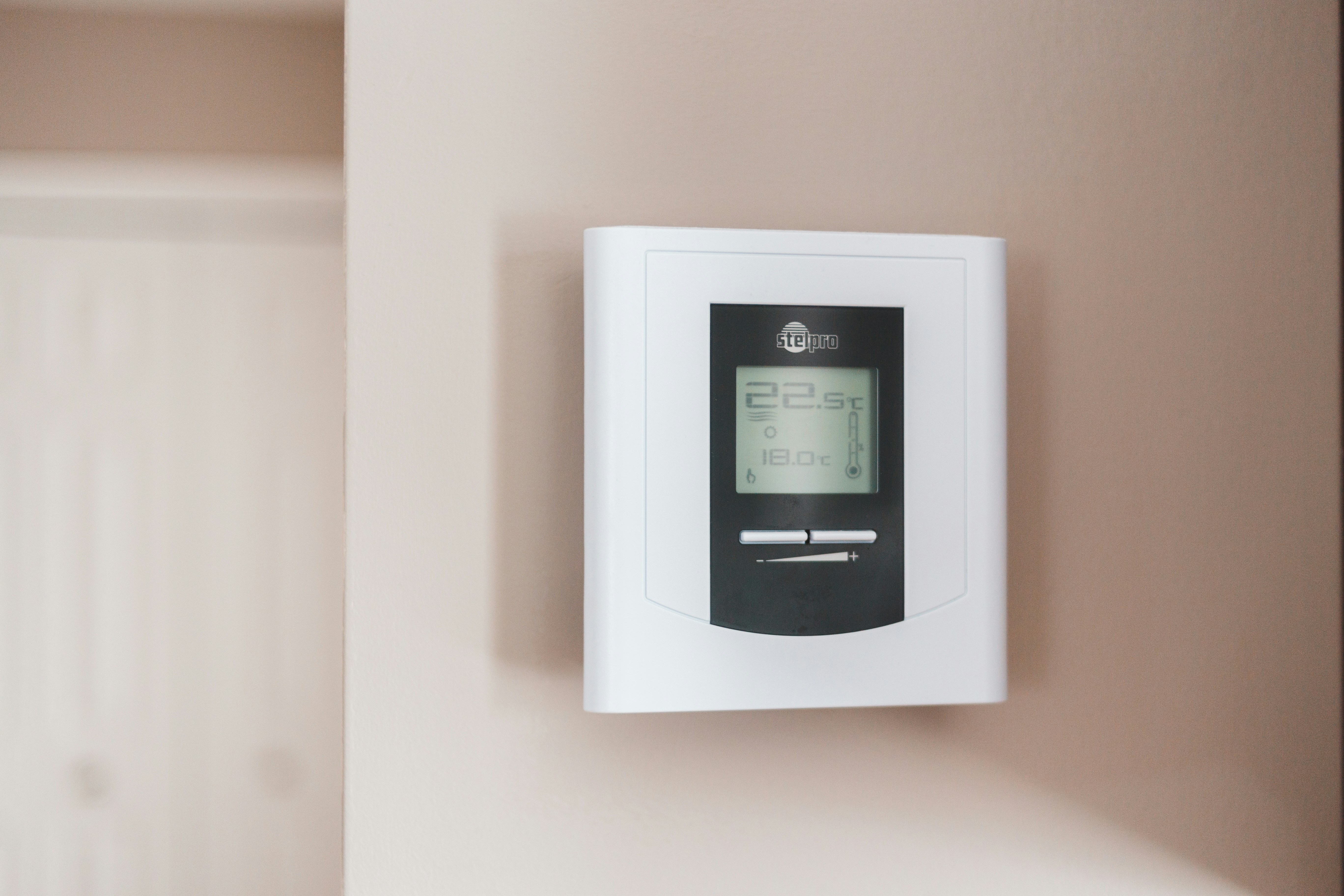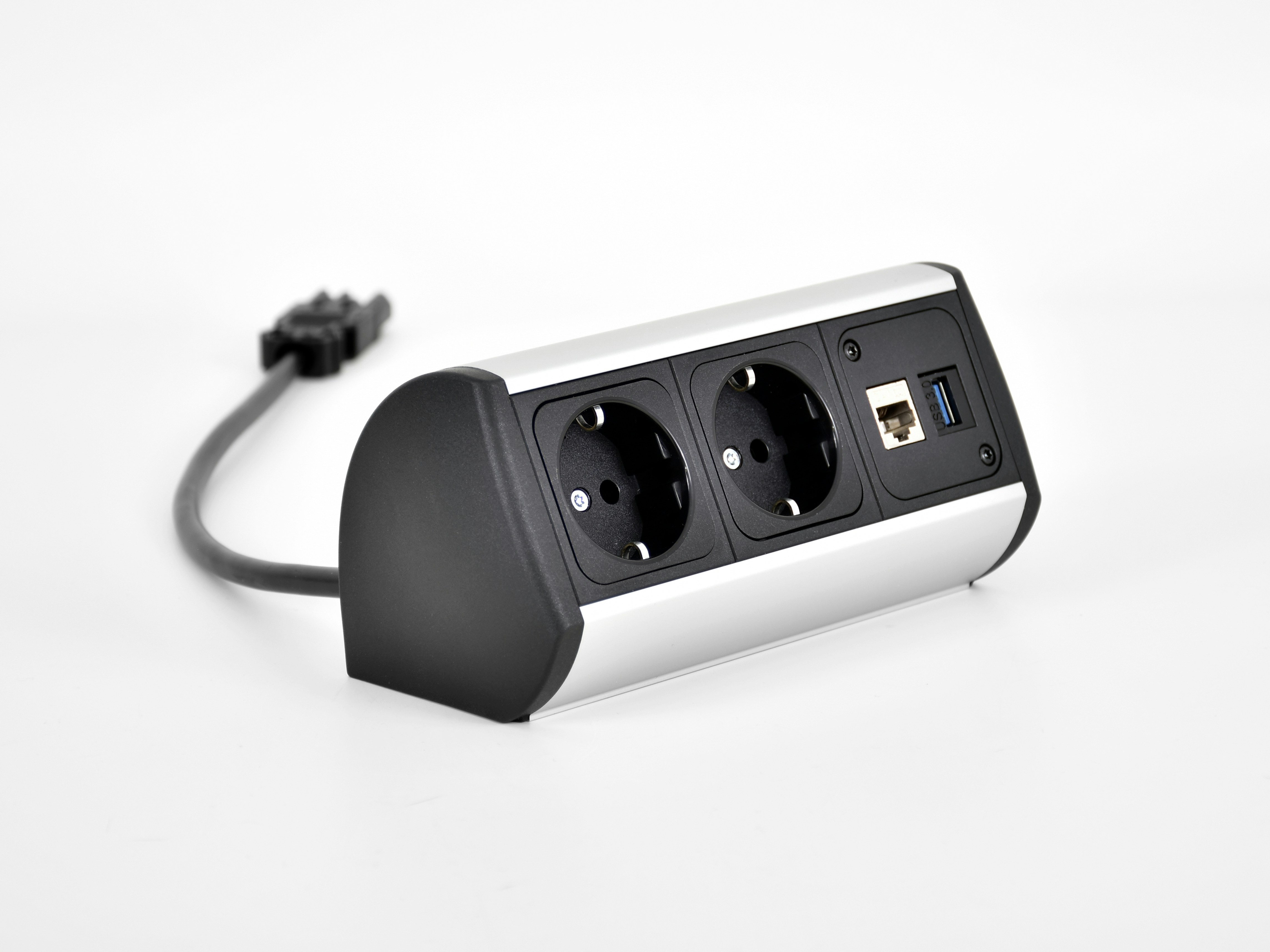5 Proven Ways to Save Money on Utility Bills
5 Proven Ways to Save Money on Utility Bills
Utility bills are a necessary part of life, but they don’t have to eat up a large portion of your budget. With some simple adjustments to your home and daily habits, you can significantly reduce your monthly utility costs. Whether it’s your electricity, water, or heating bill, these five proven strategies will help you save money while still keeping your home comfortable. From energy-efficient upgrades to mindful usage, these tips are easy to implement and can lead to long-term savings.

1. Switch to Energy-Efficient Appliances
One of the most effective ways to lower your utility bills is by upgrading to energy-efficient appliances. Older appliances such as refrigerators, washing machines, and dishwashers can consume significantly more electricity and water than newer, energy-efficient models. Look for appliances with the ENERGY STAR label, which indicates they meet energy efficiency guidelines set by the Environmental Protection Agency (EPA).
While there may be an upfront cost to purchasing new appliances, the long-term savings on your energy and water bills will more than make up for it. For example, replacing an old refrigerator with an ENERGY STAR model can save you over $100 per year in energy costs. Additionally, energy-efficient washing machines use up to 40% less water and energy, leading to further savings.
2. Install a Programmable Thermostat
Heating and cooling account for a significant portion of your energy bill, but a programmable thermostat can help you manage your home’s temperature more efficiently. These thermostats allow you to set specific temperatures for different times of the day, so you’re not wasting energy heating or cooling an empty home. For instance, you can program the thermostat to lower the temperature while you’re at work and raise it again just before you return home.
Smart thermostats take it a step further by learning your schedule and adjusting the temperature automatically. By reducing your heating and cooling usage when it’s not needed, you can save up to 10% on your annual energy bills. Many utility companies also offer rebates for installing energy-saving devices like programmable thermostats, making them an even more attractive investment.

3. Seal Air Leaks and Improve Insulation
Drafty windows and doors can cause your heating and cooling system to work harder than necessary, leading to higher utility bills. Sealing air leaks around windows, doors, and other openings is a simple and cost-effective way to reduce energy waste. Use weather stripping or caulk to seal gaps and prevent drafts from entering your home. Don’t forget to check your attic and basement for leaks, as these areas are common sources of energy loss.
In addition to sealing air leaks, consider improving your home’s insulation. Proper insulation helps maintain a consistent temperature inside your home, reducing the need for excessive heating or cooling. Insulating your attic, walls, and floors can lead to significant savings, especially during the winter and summer months when energy usage tends to spike.
4. Be Mindful of Water Usage
Water bills can add up quickly, especially if you’re not paying attention to your household’s water consumption. Simple changes to your daily routine can make a big difference in reducing your water usage. For example, turning off the tap while brushing your teeth, fixing leaky faucets, and using a water-efficient showerhead can all help conserve water.
Installing low-flow toilets and faucets is another effective way to reduce water consumption. These fixtures use less water per flush or use, without sacrificing performance. If you have a garden or lawn, consider watering in the early morning or late evening to reduce water evaporation. Collecting rainwater in barrels can also help reduce the amount of water you use for outdoor plants.
5. Use Power Strips to Prevent Phantom Energy Drain
Many electronics and appliances continue to draw power even when they’re turned off, leading to what’s known as “phantom” or “vampire” energy drain. Devices like TVs, gaming consoles, computers, and chargers can use small amounts of electricity when plugged in, even if they’re not in use. Over time, this phantom energy usage can add up, contributing to higher electricity bills.
To prevent this, plug your devices into power strips, and turn off the power strip when the devices are not in use. Alternatively, you can invest in smart power strips that automatically cut off power to devices that are in standby mode. This simple habit can save you up to $100 annually on your electricity bill.

Conclusion
Lowering your utility bills doesn’t require drastic lifestyle changes. By making a few smart investments and adopting energy-efficient habits, you can significantly reduce your energy and water consumption while still enjoying the comfort of your home. From upgrading appliances to sealing air leaks, these proven strategies are easy to implement and can lead to substantial savings over time. Start small, and watch your utility bills decrease month by month.